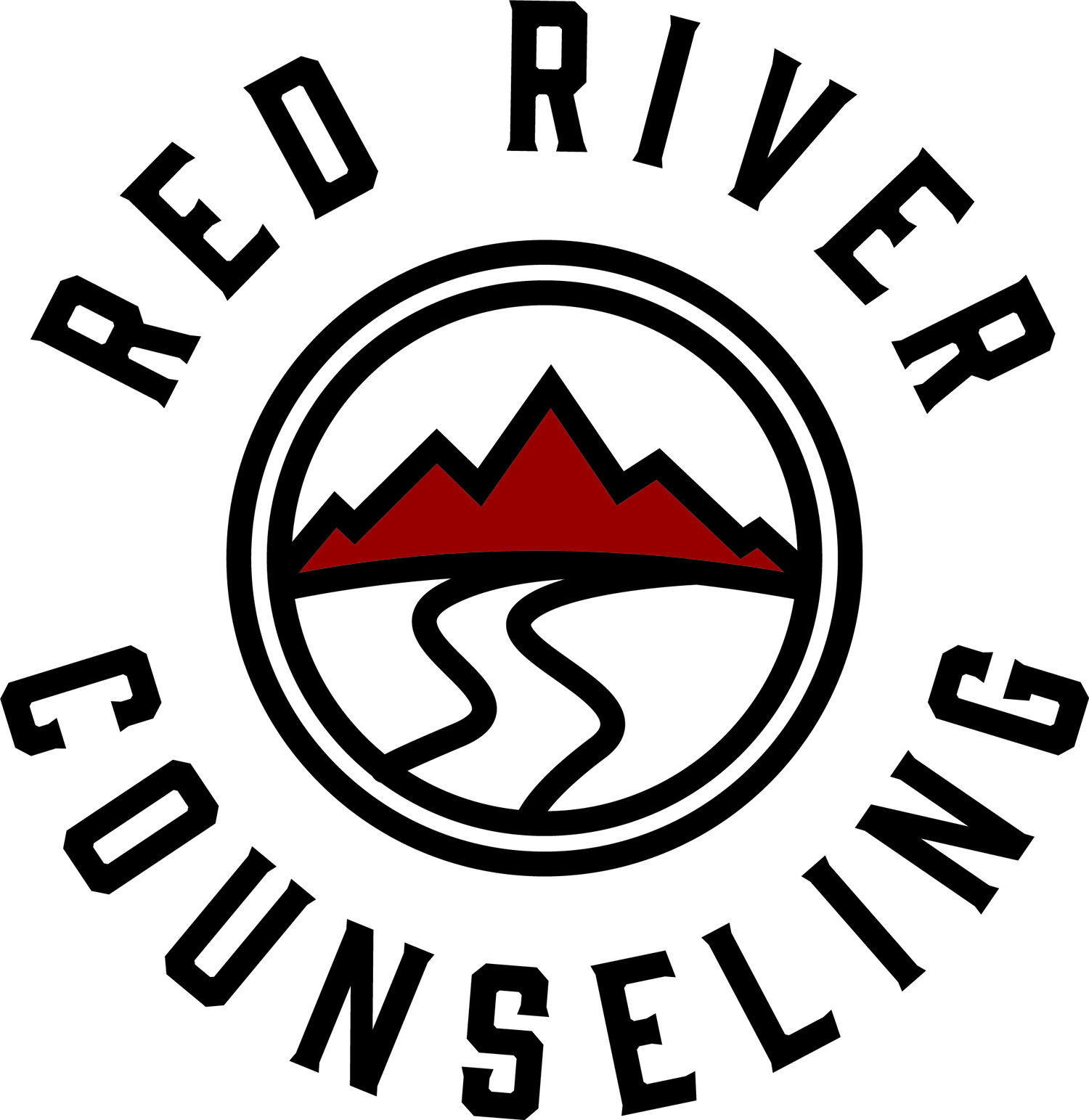10 Signs You May Be Experiencing Emotional Burnout (And What to Do About It)
/We all carry a lot—work, relationships, family, responsibilities, expectations. But when the weight of it all begins to feel like too much, you may be moving into a state of emotional burnout. It’s not just about being tired. Emotional burnout is a deeper exhaustion that affects your thoughts, your mood, your relationships, and your ability to function.
At Red River Counseling, we’ve walked with many people through seasons of overwhelm and depletion. If you’ve been wondering whether what you’re feeling is more than stress, here are 10 signs you may be experiencing emotional burnout—and a few thoughts on what you can do about it.
1. You feel emotionally numb.
You’re not crying, not raging—you’re just... flat. You may feel detached from your emotions or like you’re going through the motions without really feeling anything.
2. You’ve lost interest in things that used to matter to you.
Hobbies, relationships, even your faith or work may no longer bring the sense of purpose or joy they once did.
3. You're constantly tired, no matter how much rest you get.
Physical exhaustion is a common symptom, but when paired with emotional depletion, rest doesn’t feel restorative.
4. Small tasks feel overwhelming.
Simple things—like replying to a text, making dinner, or planning your week—can feel like too much.
5. You feel increasingly irritable or reactive.
Your fuse is shorter. You may snap at loved ones or feel anger simmering under the surface.
6. You struggle to concentrate.
Your mind feels foggy, like you’re forgetting things, zoning out, or unable to focus even when you want to.
7. You isolate yourself.
Socializing feels like another chore. You may cancel plans, avoid calls, or find yourself pulling away from people you care about.
8. You feel cynical or hopeless.
You may have thoughts like, “What’s the point?” or feel emotionally distanced from your work, community, or goals.
9. You’ve turned to unhealthy coping mechanisms.
Whether it’s numbing out with food, scrolling, alcohol, or other compulsive behaviors—your coping patterns may be signals that your emotional reserves are drained.
10. Your body is speaking up.
Burnout often shows up physically—headaches, digestive issues, muscle tension, and chronic pain can all be signs your body is carrying more than it can bear.
What You Can Do About It
1. Name what’s happening.
Burnout thrives in silence. Naming it gives you clarity—and clarity creates the opportunity for change.
2. Stop pushing through.
Rest is not a luxury—it’s a necessity. True healing begins when we stop ignoring the signals and begin to listen to what our body and emotions are trying to tell us.
3. Seek support.
You don’t have to do this alone. Counseling provides a safe space to unpack the weight you’re carrying, explore what’s underneath the exhaustion, and begin to rebuild from a place of strength and intention.
4. Reconnect with your core needs.
Burnout often happens when we override our own limits for too long. Therapy can help you re-establish boundaries, connect with what matters most, and move toward balance again.
If you're feeling burned out, overwhelmed, or like you’re slowly fading in your own life, please know you're not alone. At Red River Counseling, we’re here to help you find your way back to a life that feels whole, meaningful, and manageable.

